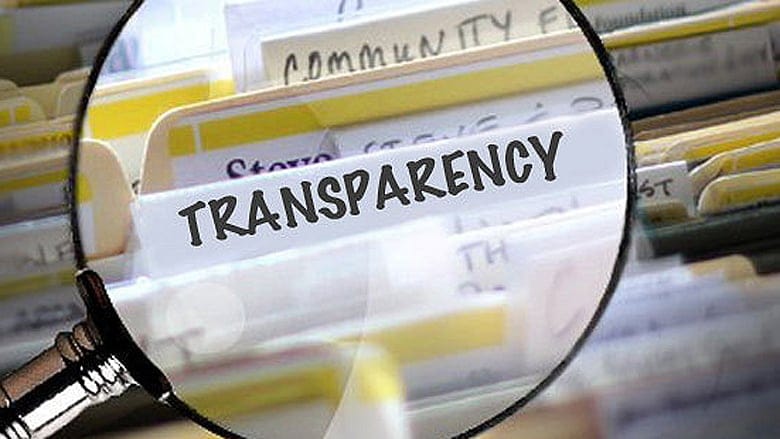CTHRU aims to unlock potential of open data in Mass. government

STATE HOUSE — Massachusetts Comptroller Thomas Shack is poised to give anyone interested the opportunity to take a closer look at the digital innards of state government with a new transparency website aptly called CTHRU.
Rather than going the traditional procurement route, Shack has taken the innovation vibe and run with it, choosing to enter into a subscription with a company called Socrata that takes a no-frills approach to serving up public information on state spending and payroll in a user-friendly manner.

